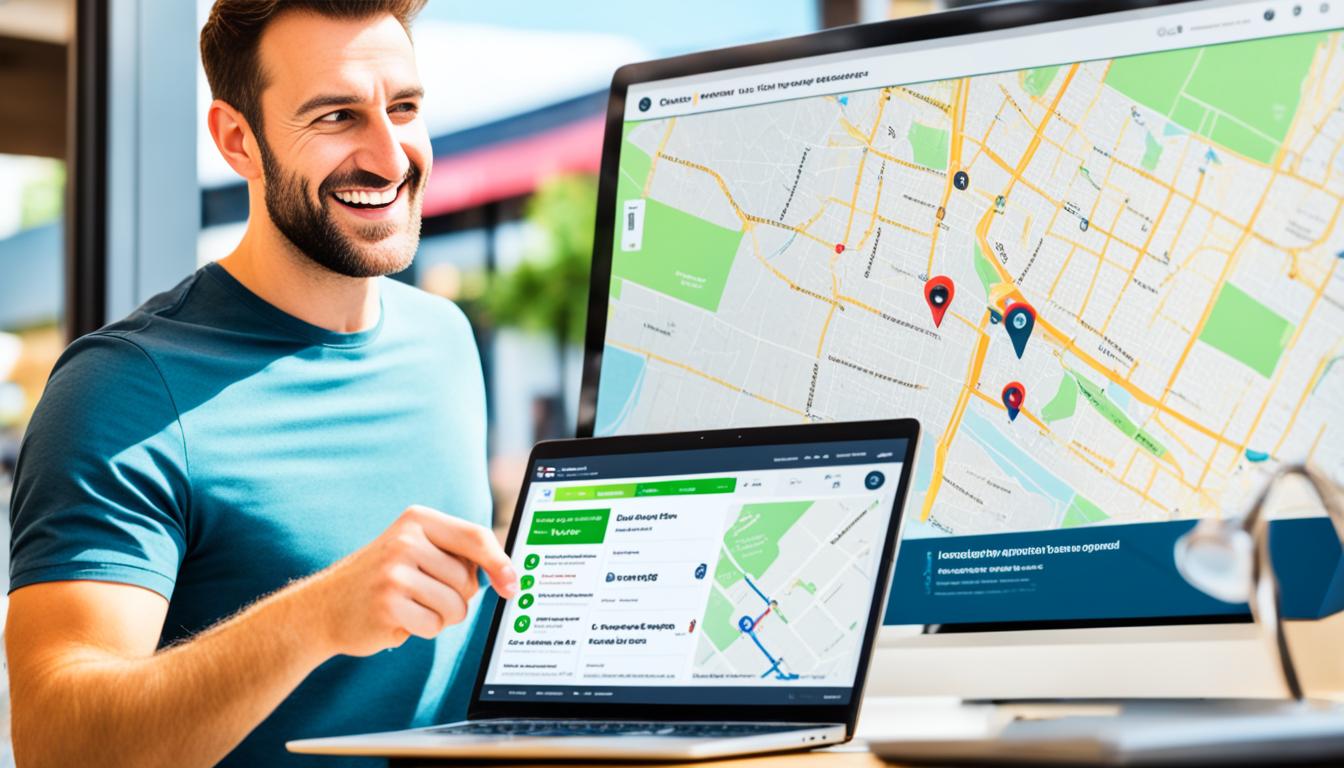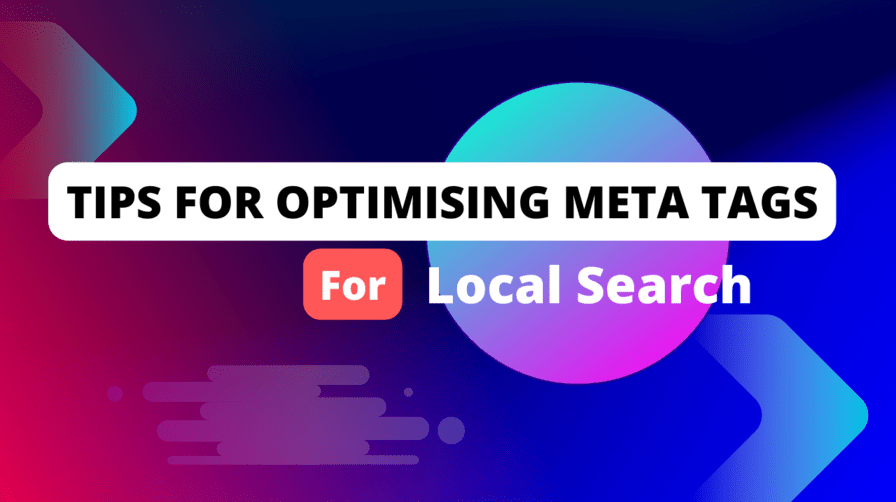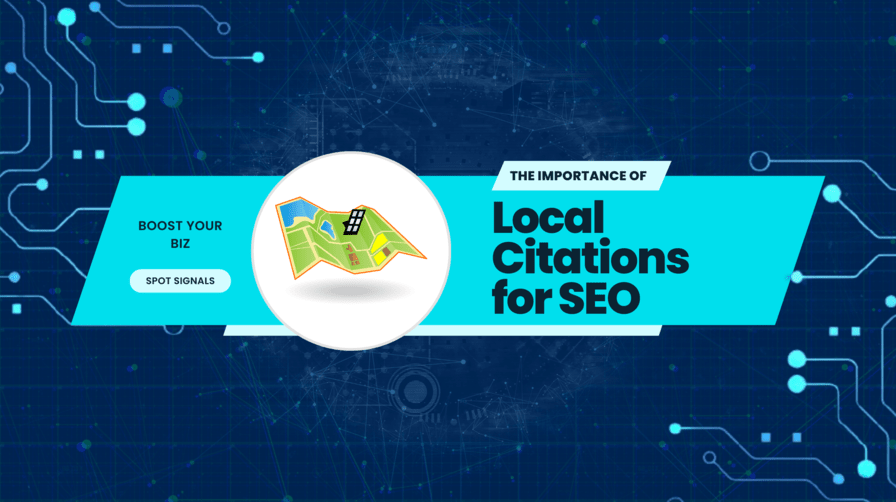Why Local SEO is Important for Small Business
Did you know that a significant 81% of consumers, in the United Kingdom now rely on Google to assess businesses? This striking fact highlights the role of SEO in todays digital world. Small businesses that enhance their visibility for searches can effectively engage with their target audience and notably boost their presence in the local market. Local SEO offers a range of advantages for businesses. To help you grasp the importance of SEO for business growth I will explain the key benefits and strategies that will allow you to thrive in the competitive online landscape. Key Points; Local SEO enables businesses to connect with their community and enhance their presence. Focusing on search optimisation brings benefits, including increased foot traffic targeted website visitors and increased credibility. Local SEO plays a role, in creating business growth by creating a competitive edge and tapping into the local market. Through implementing SEO tactics small businesses can improve their online visibility boost conversion rates and interact with their community. When it comes to promoting your business using SEO is an budget friendly choice that can bring lasting advantages for steady expansion unlike the pricier traditional ad campaigns. What is Geo-Targeting in SEO? The Benefits of Local SEO Optimising for local search has a direct impact on driving calls and visits to businesses. By optimising the Google Business Profile, businesses can improve their visibility on Google Maps, making it easier for customers to find and contact them. This leads to more phone calls and in-person visits, ultimately boosting sales. Local SEO allows small businesses to compete with larger brands by analysing competitors‘ tactics and integrating successful strategies into their own approach. This level of competitiveness is crucial for small businesses to thrive in the market. The Benefits of Local SEO – Summary: Improved online visibility Increased foot traffic to physical locations Tapping into the local shopping boom Targeted web traffic More calls and visits Establishing thought leadership Enhanced trust levels Higher sales and conversion rates Competitive advantage Local SEO offers small businesses a range of benefits that contribute to their growth and success. By leveraging local SEO strategies, businesses can improve their online visibility, attract targeted customers, build trust and thought leadership, and ultimately increase sales and competitiveness in their local market. Why Local SEO is Essential for Small Business Growth Local SEO holds significance, for businesses aiming to expand and establish a solid online presence within their local market. By employing SEO tactics businesses can effectively reach their target audience boost visibility and gain a competitive edge over larger rivals. Moreover it plays a role in enhancing a businesss presence. Through optimizing their website and digital profiles businesses can enhance their rankings in local search results. This heightened visibility not enables businesses to compete with larger counterparts but also cements their standing within the local community positioning them as a reputable choice for potential customers. Optimizing the Google My Business profile stands as an element of SEO. This ensures that businesses feature prominently in search results and amplifies their visibility. A optimized Google My Business profile also fosters trust and credibility among customers by offering vital business details and positive reviews. The surge in usage further underscores the importance of local SEO for small businesses. With most consumers using their devices to seek products and services it is imperative for businesses to be easily discoverable, by consumers looking for options. The rise of mobile usage further emphasises the importance of . With the majority of consumers using their mobile devices to search for products and services, businesses need to ensure that they are visible to consumers searching for nearby options. Quick Local SEO Audit Checklist Conclusion Local SEO enables companies to engage with their community advertise events and exclusive promotions and create connections, with their clientele. Through enhancing their website and online presence for searches companies can draw in a local customer base and expand their market presence. Additionally SEO aids businesses in securing an edge by guaranteeing their visibility in local search listings giving them an edge, over rivals. To your undisputed success Understanding the Role of Google Maps in local SEO Source Links https://www.linkedin.com/pulse/why-local-seo-important-small-businesses-mind-spark-technologies https://www.brightlocal.com/learn/local-seo/introduction-to-local-seo/benefits-of-local-seo/ https://www.collectivealternative.com/what-is-local-seo-and-why-is-it-important-for-small-businesses/ . Related Posts




